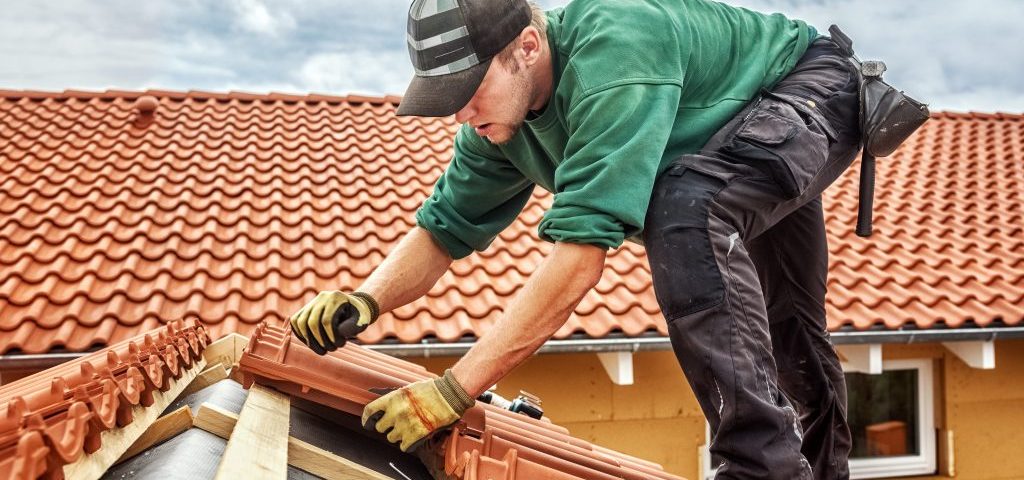- WE’RE HERE TO HELP | SE HABLA ESPAÑOL
- 800.586.5555
Choosing the Right Florida Contractor to Repair Hurricane Damage
Choosing the Right Florida Contractor to Repair Hurricane Damage

It’s always preferable to avoid getting hurricane damage lawyers involved with home or business claims to repair hurricane damage. Ideally, you schedule a consultation with a contractor, get an estimate on repairs, the insurance company reviews your claim filing, agrees the amount you’re requesting is fair and pays your claim.
Life is frequently not that easy, and it’s no surprise that many Florida homeowners struggle to get fair treatment from their homeowners insurance provider.
One highly recommended step when filing a claim is to get quotes from a couple different contractors before requesting a specific amount from your insurer. Having repair quotes from reputable contractors sends a clear, unequivocal message to your insurance company that the money you’re asking for in your claim is the amount of money you need to get your life back to normal.
Finding a couple reputable contractors and scheduling repair consultations may or may not be easy. Florida contractors are at their busiest right after a hurricane has struck.
Should you settle for a subpar or poorly reviewed contractor if that’s all you can get? Probably not.
An untrustworthy or bad contractor may provide an inaccurate quote or one that’s not at all realistic. If your claim filing says you need $30,000 to replace your wind-damaged roof and the insurance company knows it should cost half that, you may end up having a lot more trouble getting a claim approved than you would if you had sent an accurate claim request from the get go.
Some Tips and Things to Look for When Searching for the Right Contractors to do Your Hurricane Damage Repair Quote and Work
- Reputation
This factor, more than any other readily available piece of evidence, is going to be your best initial indicator of the quality of a contractor. If they have impeccable references, a great BBB rating, solid four- and five-star reviews on various rating sites (ie. Google, HomeAdvisor, Angie’s List, etc.) and legitimate testimonials from past customers, chances are they’re a good, reputable contractor.
- Licenses and Certifications
You should always ask for license verification. You can verify whether or not they still have a valid, current license for yourself through Florida’s Department of Business & Professional Regulation. A valid license indicates a professional cares enough about their work and company to put in the time and investment to maintain a license. There are also education and liability requirements that are usually required for Florida contractors to maintain those licenses.
In many cases your homeowners insurance company won’t pay claims for damages caused by an unlicensed contractor.
- Insurance
It’s important to work with insured contractors for a couple important reasons.
First, if they mess up and damage your home, their commercial insurance will cover the damages. If they don’t have insurance you will either need to get a property damage attorney and take them to court or file a claim with your own insurance company, which will likely get denied if the contractor is also unlicensed.
If one of the contractor’s employees gets injured while working on your house, you don’t want to have the only valid insurance policy for that employee to go after. If the worker’s employer (your contractor) has insurance, their injury likely won’t be your problem unless the injury was your fault.
- Written Contracts and Warranties
Getting estimates and contracts in writing is essential for the purposes a filing an insurance claim. You’ll need that documentation to show your insurance company what the contractor has said they would charge to perform your hurricane damage repair work.
A contractor who also provides a warranty that guarantees their work also tells you something about the quality of their work; they’re willing to stand behind it. Having a warranty makes hiring a contractor a significantly less risky decision.
- DON’T Sign Over Your Benefits Form
It’s important for you, the homeowner, to maintain control over your claim.
In another blog we published this month we explain the reason Florida passed House Bill 7065. You should not work with a contractor who wants to use “assignment of benefits” to take control of your insurance claim.
If a contractor says something like, “Let me handle your hurricane damage claim and I’ll do all the work for whatever I can get from your insurance company,” run away. These types of shady deals bordered close enough to insurance fraud (and caused a lot of problems for homeowners as well) that Florida has passed laws to discourage assignment of benefits deals.
Contractors who operate this way may perform substandard work and exaggerate damages in your claim to juice extra money out of your insurance company. Your home may still require more repairs when they’re done, and your premiums are likely to go up.
- Ask About Permits
Some types of work and repairs may require permits from your local city or municipality. Do your own permit research and quiz your contractor on which permits will be needed and if they’re capable of obtaining them. A reputable, knowledgeable contractor should know which permits your home repairs or modifications may require and know how to get them.
Getting Help With an Insurance Claim
Having written estimates from reputable contractors may help a lot when you’re filing a hurricane damage claim with your insurance company, but it’s not a guaranteed way to get claim approval.
The insurance company may make a mistake when investigating your damage or deny your claim because the damage was caused by an alleged excluded peril.
If your claim has been denied but you’ve reviewed your policy and you’re confident the damage should be covered, you may want to speak with an public adjuster. If all else fails, taking legal action with the help of a property damage lawyer may be your last remaining recourse.
